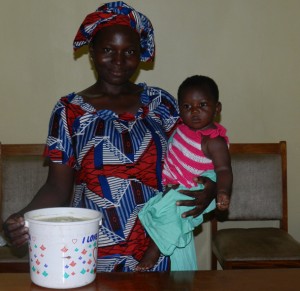
Innovations such as WordPress donation setup keep developing. Similarly, blockchain technologies have received much interest the past few years, as an innovative way of ICT-based commerce. Its decentralized nature, the lack of a “middleman”, or central bank are interesting features. But is this technoology also promising for low resource environment, e.g. rural Mali? Can blockchain for example provide a new payment channel as an alternative to cash money or the incubent telecom banking system Orange Money, which has been introduced n 2012 in West Africa, and is now very popular. In this research Yifan Zhan sets out to obtain practical knowledge about how to implement a local community-based payment network in rural Africa, based on blockchain technology. Apart from eliminating the need for an intermediary party to process the transactions (Zheng, Xie, Dai, Chen, & Wang, 2017), blockchain technology offers various advantages: the transactions are made immutable, and therefore cannot be tampered after having been settled. Moreover the proposed local payment network can utilize this technology to ensure the reliability and honesty of the transaction, which, in turn, may increase the chance of adoption. Another beneficial property is its distributed nature, which results in no single point of failure of the network (Zheng et al., 2017). But all these assumptions will have to be checked first, locally. Yifan will therefore look, not only at the technical aspect of a local payment network, but also how to organize such a network taking in consideration the local socio-economic and cultural context. Read Yifan’s thesis design and presentation.




